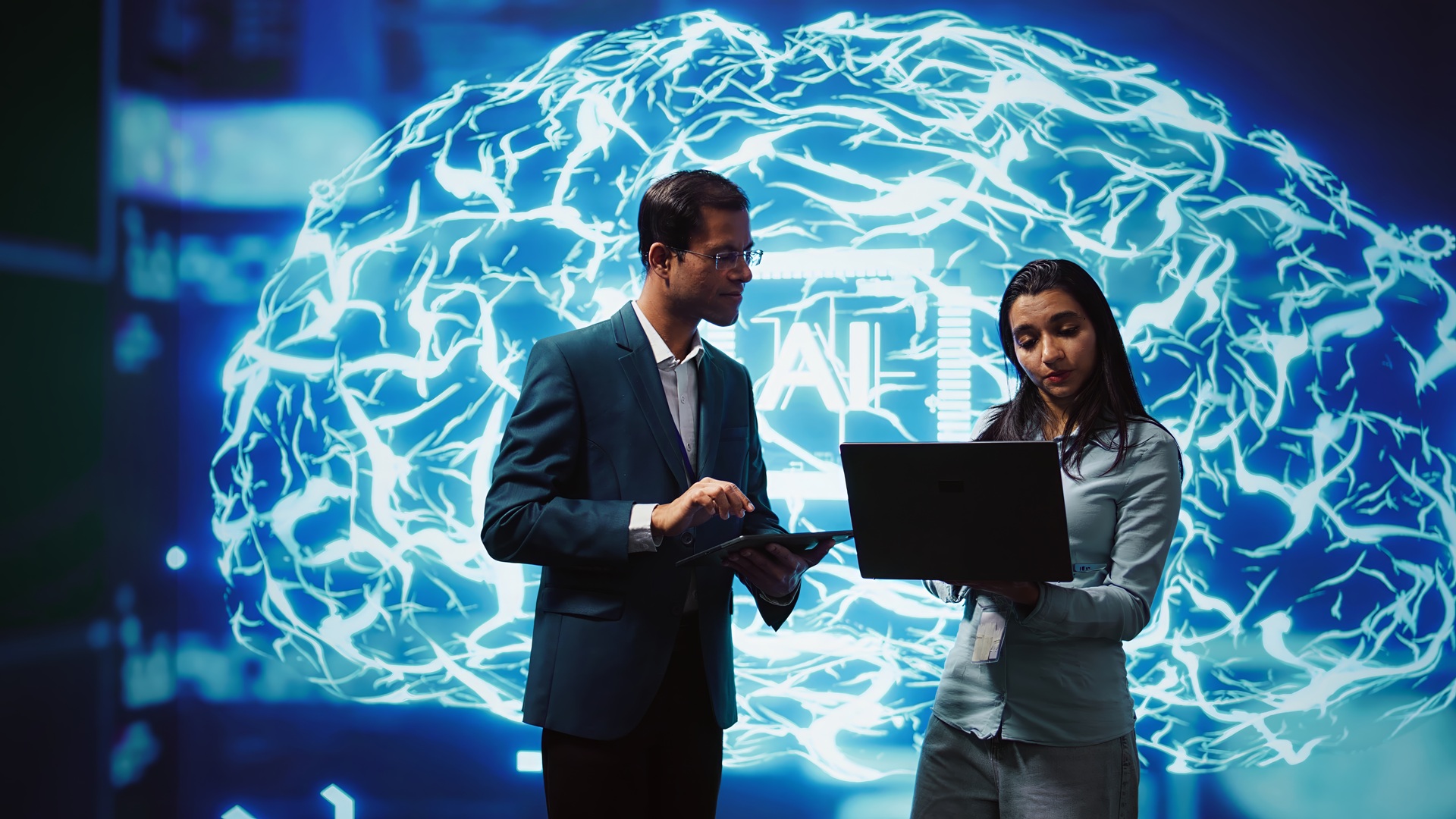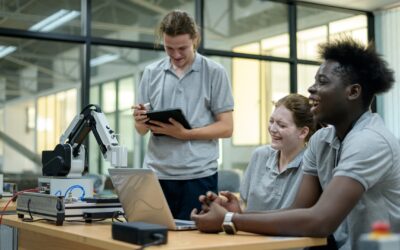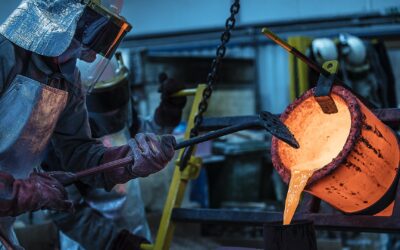Through the Future of Work Initiative, MSU researchers are partnering with employers, educators, and policymakers to better understand how technologies like artificial intelligence, robotics, and algorithmic management are reshaping the workforce, and to help organizations and workers adapt. This initiative brings together scholars from engineering, social science, education, and communication to study how work is changing, and to design practical tools, policies, and systems that are built on a foundation of knowledge about how humans, teams, communities, and organizations work. Our research is grounded in the real-world needs of Michigan’s workers and employers.
A central goal is to create more pathways into skilled employment. We are working to support apprenticeships, reskilling programs, and new forms of credentialing that recognize learning wherever it happens. This is especially critical as automation transforms entire industries and new jobs emerge that don’t yet have standard training pipelines.
As an example, our team is working on understanding the benefits and costs of automation during training and upskilling for workers in welding. This question requires us to consider the needs of different workers: Who learns best from automation? At what stage of the process is it most appropriate? What is the best role for the human instructor? How can training environments best replicate the world of work in ways that support deep and robust learning? One important finding that has come out of this research is that human instructors should not be removed from the training experience– their expertise and connection to learners is an essential aspect of training. Meanwhile, technology like AI and VR can be used to provide more practice and feedback opportunities for learners who are just starting out. This allows instructors to scale and reach more students, and also allows people to try out new skills in a low-stakes environment that is welcoming and easy to access. This is especially important for trainees who are transitioning from other occupations and may be balancing other work and family demands while learning.
We are also conducting research on workplace technologies, including electronic performance monitoring and algorithmic decision systems, to understand how they affect workers. Research from my lab has shown, for example, that tracking workers with digital tools such as badges or cameras can often backfire if used carelessly. When workers feel the tools are being used to micromanage and second-guess them, their work performance declines and their stress and burnout rise. But when those same tools are used to support them or keep them safe, these negative effects do not occur.
By designing and testing new tools and policies with an understanding of psychology principles, human factors, technological factors, and understanding of work, we aim to shape a future in which technology empowers workers and improves organizational health and productivity.
Dr. Tara Behrend, MSUTara Behrend is the John Richard Butler II Endowed Professor at the School of Human Resources and Labor Relations at Michigan State University. She is currently serving as President of the Society for Industrial and Organizational Psychology (SIOP). Her research group, the Workplaces and Virtual Environments Lab, focuses on workplace technologies and their ethical, social, and psychological implications. She is a recognized expert in the areas of electronic surveillance and human-AI interactions, speaking regularly with policy makers and other audiences worldwide. Her work is multidisciplinary and has been published in psychology, education, and technology journals.




